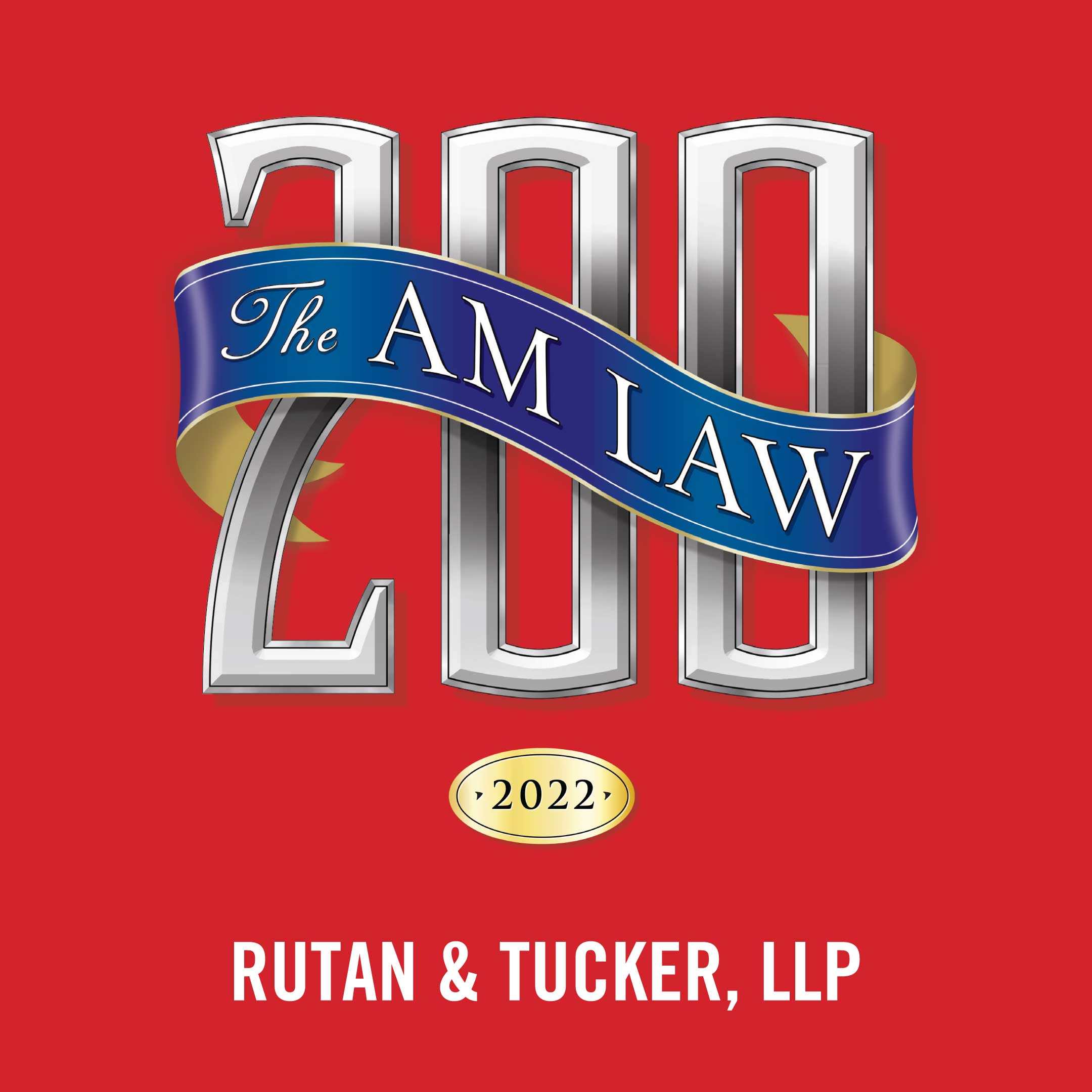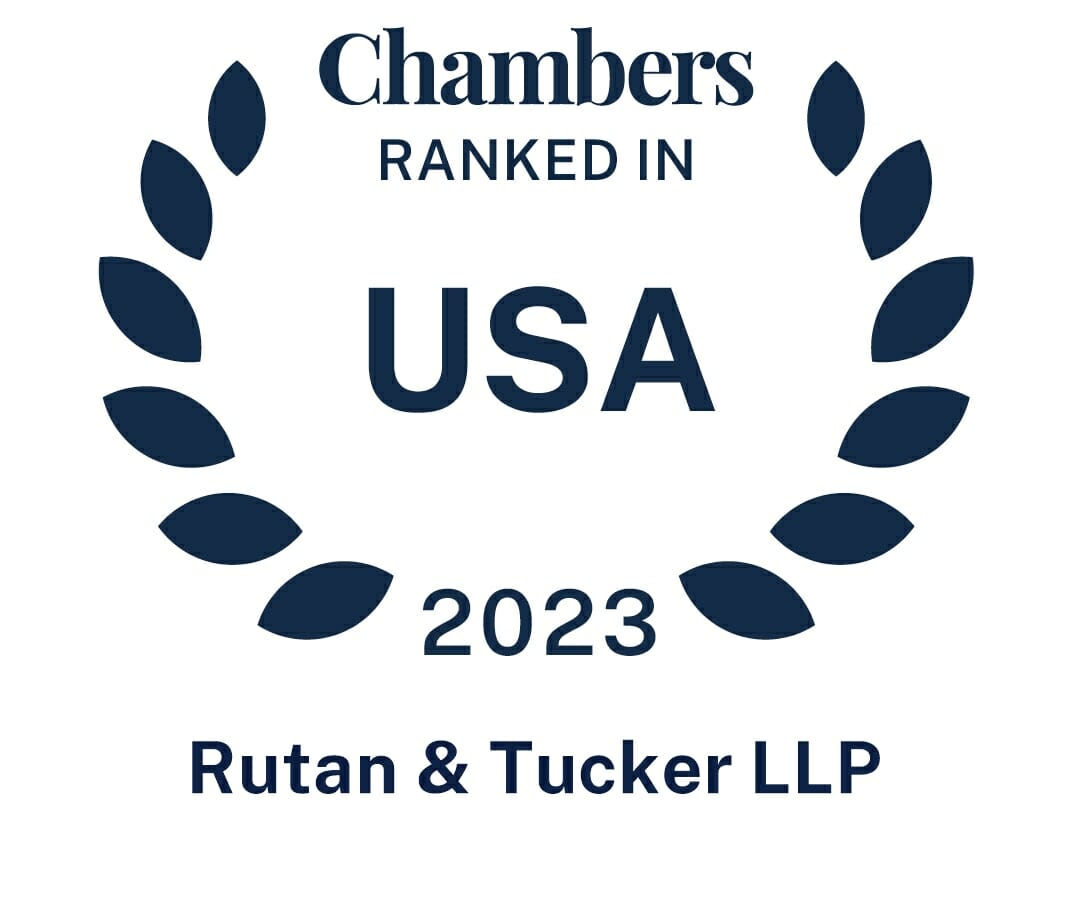1. Will Cable Service in Adelphia Communities be Interrupted? Probably not. A service disruption would cause Adelphia’s subscribers to seek alternative sources of television services such as DBS or traditional over-the-airways reception. Such subscriber flight would directly impact the value of one of Adelphia’s most valuable assets, its cable television franchises. 2. Will Adelphia Continue to be the Cable Television Provider in My Community? For the short term, probably yes. Published reports indicate Adelphia is close to securing over a billion dollars in financing that will help it continue to operate “post-petition,” i.e., after the bankruptcy filing. 3. If the Franchises are so Valuable, Why Will Adelphia File for Bankruptcy? Adelphia’s overall strategy is almost certainly to sell its franchises, and that goal is best accomplished through use of the bankruptcy process. In particular, by seeking bankruptcy protection, Adelphia can achieve two important objectives. · First, the bankruptcy will allow Adelphia to effectively “cash out” its assets, so that its creditors can receive payment sooner rather than later. Given the revelations concerning Adelphia’s operating history, it is highly unlikely that Adelphia’s creditors will take the chance of receiving more funds over the long run by allowing the company to continue to operate. · Second, by utilizing the bankruptcy process, a potential buyer of Adelphia’s franchise rights can acquire the assets free and clear of liens and other encumbrances. With the billions of dollars in debt owed by Adelphia, any potential buyer will insist that the bankruptcy process be used to “wash” the franchise assets free of claims of Adelphia’s myriad of creditors. 4. How Should Local Communities Deal With Existing Unpaid Franchise Fees and Other Franchise Breaches? As its financial problems have grown, Adelphia has failed to pay franchise fee payments in many, but not all, communities where it provides cable service. Under some franchise agreements, the failure to pay constitutes a “material breach” which allows for the initiation of franchise termination proceedings. There are at least four steps that local government should consider taking before the bankruptcy filing. · First, check your records to determine whether franchise fees are paid up-to-date. Many franchise agreements contain an audit procedure that allows for verification that fee amounts have been correctly calculated. · Second, perform a thorough franchise review to verify performance of other franchise obligations. A sampling of specific issues for investigation includes: (i) if the franchise calls for a rebuild, is Adelphia complying with the applicable schedule? (ii) have all PEG payments been made in a timely fashion? (iii) have local government access requirements been satisfied? and (iv) have all of the necessary bonds and letters of credit been issued? Additionally, evaluate whether Adelphia made misrepresentations when entering into franchise agreements. For example, Adelphia may have provided financial statements that are materially inaccurate due to unreported off-balance sheet transactions. This may give rise to the argument that the franchise has either been breached or that the agreement is void. · Third, pursue your breach remedies under the franchise, starting with a stern “breach letter.” We have, thus far, found the breach letter to be a surprisingly effective device, most likely on account of the following factors: (i) Adelphia is in a state of tremendous turmoil right now, and as a result may simply be unaware of its breaches; (ii) the value, in bankruptcy or otherwise, of Adelphia’s most valuable assets, i.e. its subscribers, is significantly impaired if it is in default under its franchise agreements, especially as the remedies sought by local government shift from payment of owed fees to termination of the agreement; and (iii) Adelphia can cure a default pre-bankruptcy without interference from either the bankruptcy court or other creditors. · Fourth, if your franchise allows, exercise your rights under bonds or letters of credit now. While you may still exercise your rights under these instruments (particularly a letter of credit) after a bankruptcy petition is filed, by acting quickly you can avoid the substantial administrative expenses that you will likely incur if you wait to act. Of course, it would be naïve to assume, given Adelphia’s mammoth financial problems, that LFAs will have enough time to pursue a full analysis of each franchise agreement and terminate the franchise (or other remedies called for under the franchise agreement) prior to Adelphia’s expected bankruptcy filing in the next several days. But, it is important to recognize that, even if sending a “breach letter” does not result in a cure of Adelphia’s defaults, it will identify to potential purchasers the extent of the existing breaches and the expectations of your community with respect to curing the defaults. These costs-of-cure will play directly into the outcome of the Chapter 11 case. 5. Once a Bankruptcy Petition is Filed, Can LFA’s Require Adelphia to Remedy its Pre-Bankruptcy Breaches? Generally, the filing of a bankruptcy petition creates an “automatic stay” that prevents any entity from pursuing recovery of pre-petition debts from the debtor without permission from the bankruptcy court. The automatic stay also prohibits “any act to . . . exercise control over property of the estate.” 11 U.S.C. § 362(a)(3). Interests in franchise agreements (which are known as “executory contracts” in bankruptcy cases) are “property of the estate” for purposes of the automatic stay. As a result, the automatic stay applies to cable television franchises and generally prohibits local government from taking actions to collect pre-petition franchise fees that remain owing and/or to terminate the franchise based on pre-petition breaches. A limited exception to the automatic stay exists, however, for cases where local government acts to enforce its police or regulatory power. 11 U.S.C. §362(b)(4). While this exception will not apply to efforts to collect franchise fees or obtain other monetary awards, it does provide the ability to take such actions as are necessary to protect the health, safety, and welfare of the community. Additionally, as to those communities where franchise fee (or other monetary) obligations are secured by a letter of credit, as a general proposition, the automatic stay does not prohibit post-petition collection on the letter of credit. 6. If the Automatic Stay Applies, Can LFA’s Obtain Court Relief To Force the Performance of Pre-Petition Franchise Obligations? The Bankruptcy Code allows any “party in interest” to obtain “relief from the automatic stay” from the bankruptcy court. To obtain such relief, local government must show good “cause, including the lack of adequate protection of an interest in property.” A specific analysis of whether and to what degree the relief from stay provision will apply to proposed local government actions turns on the particular facts and circumstances of each case. 7. What Happens to Adelphia’s Short-Term Going-Forward Franchise Obligations After the Bankruptcy Petition is Filed? For the short term, the Bankruptcy Code requires Adelphia to meet all of its post-bankruptcy petition franchise obligations. 11 U.S.C. § 365(d)(3). In fact, in addition to the general requirement to meet post-petition contractual obligations, the Code specifically states that, subject to limited exceptions, Adelphia will be “subject to orders of any Federal, State, or local regulatory body to the same extent as the debtor would be if a petition commencing the case under this chapter had not been filed . . . .” 11 U.S.C. § 1166. Of course, to the extent Adelphia refuses to meet its obligations, local government will be required to seek bankruptcy court relief. In addition to considering the interests typically relevant in a bankruptcy case (e.g. the of creditors, equity security holders, and the debtor), the Bankruptcy Code requires that the court specifically consider the public interest. 8. Will Adelphia Ultimately Have to Decide Whether To Assume or Reject the Franchise Agreement? If it Assumes, What Role Will Local Government Play in the Process? Ultimately, Adelphia will be required to either retain (and presumably, sell) or breach each of the franchises in their entirety. In bankruptcy, this is known as “assumption or rejection of executory contracts” 11 U.S.C. § 365. Since the franchises will be some of the most valuable assets in the bankruptcy estate, it is very likely that Adelphia will elect to assume the franchises for the purpose of selling them, as has occurred in the Excite@home bankruptcy case. To complete the assumption, Adelphia must clear at least three hurdles: · First, Adelphia must “promptly cure” all defaults. The cure obligation relates to both pre- and post-petition breaches. If Adelphia does not propose to immediately cure the breaches, the bankruptcy court must decide whether Adelphia has provided adequate assurances that it will “promptly” cure the breaches in the near future. · Second, Adelphia must “provide adequate assurances of future performance under [the franchise].” While the bankruptcy court ultimately decides whether assurances of future performance are adequate, this facet of the assumption procedure provides an important opportunity for local government entities to specify terms under which they will be comfortable with the assumption (and presumably, assignment to a third party) of the franchise. · Third, in those communities where the franchise (and more importantly, the LFA’s cable ordinance) requires consent to a transfer or change in control of the franchise, Adelphia will be required to secure local government consent to the assumption. In deciding whether to provide such consent, local government will be bound by the same criteria that guide non-bankruptcy franchise transfers. While the procedure for handling such transfers is provided in the Cable Act (47 U.S.C. § 537), and FCC Regulations (47 C.F.R. §76.502), substantive criteria for evaluating a transfer are found in local franchises and cable ordinances, and are further defined by case law. 9. Once Assumed, Can Adelphia Assign the Franchise Agreement to a Third Party Purchaser? As noted, it is very likely that Adelphia will attempt to assign its franchise rights to a third party. To complete the assignment, Adelphia must, again, secure local government approval consistent with its franchise obligations, the Cable Act, and applicable FCC regulations. It is important to recognize that under the Cable Act, the law remains unsettled as to the extent of local government’s authority in the transfer review process to demand adequate assurances of future performance. As a result, local government may have a broader ability to secure additional protections for cable subscribers in the assumption process – where the Bankruptcy Code requires adequate assurances of future performance – than are available in the assignment process. 10. Should Local Government Take a Hard-Line to Its Evaluation of Assumptions and Assignments of Franchises? Each LFA must choose for itself — based upon its level of satisfaction with its existing franchise agreement, the quality and range of services available in their community, and a myriad of other factors – how aggressive it wants to be in its evaluation of assumptions and assignments of franchises. Ultimately, this decision is a legislative, public-policy, decision for elected officials. The recent struggles of cable operators should not be ignored, however. Although Adelphia’s spiral toward bankruptcy is the most well-publicized cable company failure, it bears noting that the cable sector as a whole has suffered tremendous losses in the last 12 months. As one example, Charter Communications stock has plummeted over 80% — trading at $4.29 per share on June 14, 2002, down from a 52 week high of $24.45. Not surprisingly, these financial struggles have real consequences to cable subscribers. Charter Communications, for example, has instituted double digit percentage rate increases in numerous Southern California communities over the last 12 months. And throughout the nation, cable providers have frozen capital expenditures, thereby delaying the promised deployment of new and improved services. Local Franchising Authorities have been taking note. In the currently pending AT&T/Comcast franchise transfer process, consultants from throughout the country have taken a hard look at the financial pressures caused by the merger, evaluated legal, financial, and technical qualifications, and recommended denial of the transfer. Having once been subjected to the bankruptcy process, Adelphia communities have even more cause to be critical of proposed transferees. Jeffrey Melching can be reached at jmelching@rutan.com or (949) 641-3422.



